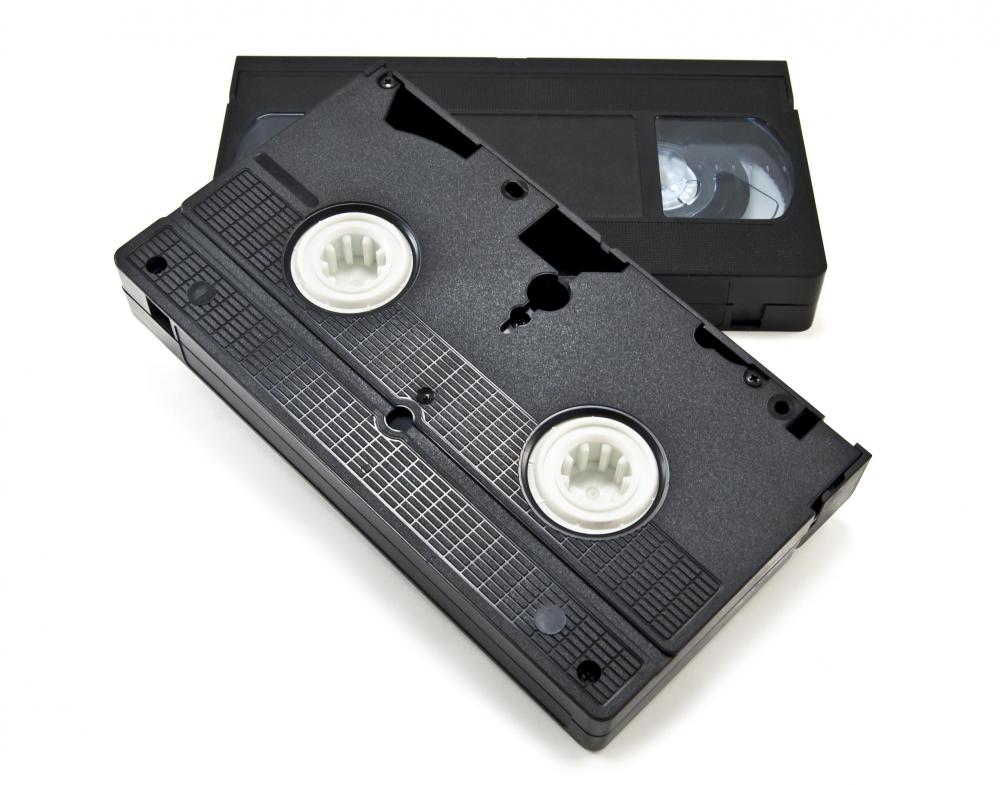At WiseGEEK, we're committed to delivering accurate, trustworthy information. Our expert-authored content is rigorously fact-checked and sourced from credible authorities. Discover how we uphold the highest standards in providing you with reliable knowledge.
What Is Tape Trading?
Tape trading is a process wherein groups of individuals swap recorded media. Audio cassette tapes and videocassette tapes are the most common types of tapes used for trading. The trading of tapes was more common prior to the prevalence of digital technology, but the practice has continued beyond the introduction of advancements to audio and video tapes. As tapes degrade over time, tapes that have been copied fewer times are more highly prized by traders.
Many things have been traded on tapes. Live music, independently produced music, demo recordings, television shows, cartoons, and films are among the most commonly traded items. Tape trading often occurs between a group of people who share a particular interest, such as one style of music, a certain music group, or a type of cartoon or television program. For example, a group may trade video tapes of old late night talk shows while another trades live metal music shows.

People often trade tapes in a ratio of one to one, directly swapping one tape for another. Although trading one tape for another is common, some people prefer other methods. Regardless of the method used, the vital aspect of tape trading is that the exchange of money is not involved. Tape trading is often viewed as a nonprofit function, and many tape trading communities view selling tapes as an inappropriate action.

Trade lists are a common component of tape trading. Individuals may compile lists containing all of their tapes, either making the list public or giving it to persons with whom they wish to trade. A trader may look at other people’s lists to initiate a trade or wait for other traders to make contact about items they want.
One of the disadvantages of trading tapes is that audio cassettes and videocassettes degrade in quality over time. Even utilizing the best equipment, each time a tape is copied the quality is reduced. Each time a tape is copied it is referred to as a generation. This has led many people to seek out low generation audio or video tapes because the items are usually of higher quality than tapes that have been copied many times.
Trading may occur strictly between two individuals or between larger groups of people. Sometimes groups are established for like-minded individuals to list what they have to trade and find others who have media they do not yet have. The trading of tapes also can occur in an organized fashion. One popular way to organize trades for a large group is a method in which the originator of the tape provides a copy to a few people who then provide copies for another small group of people. The trades continue to branch out until the entire large group has the tape.
AS FEATURED ON:
AS FEATURED ON:












Discuss this Article
Post your comments